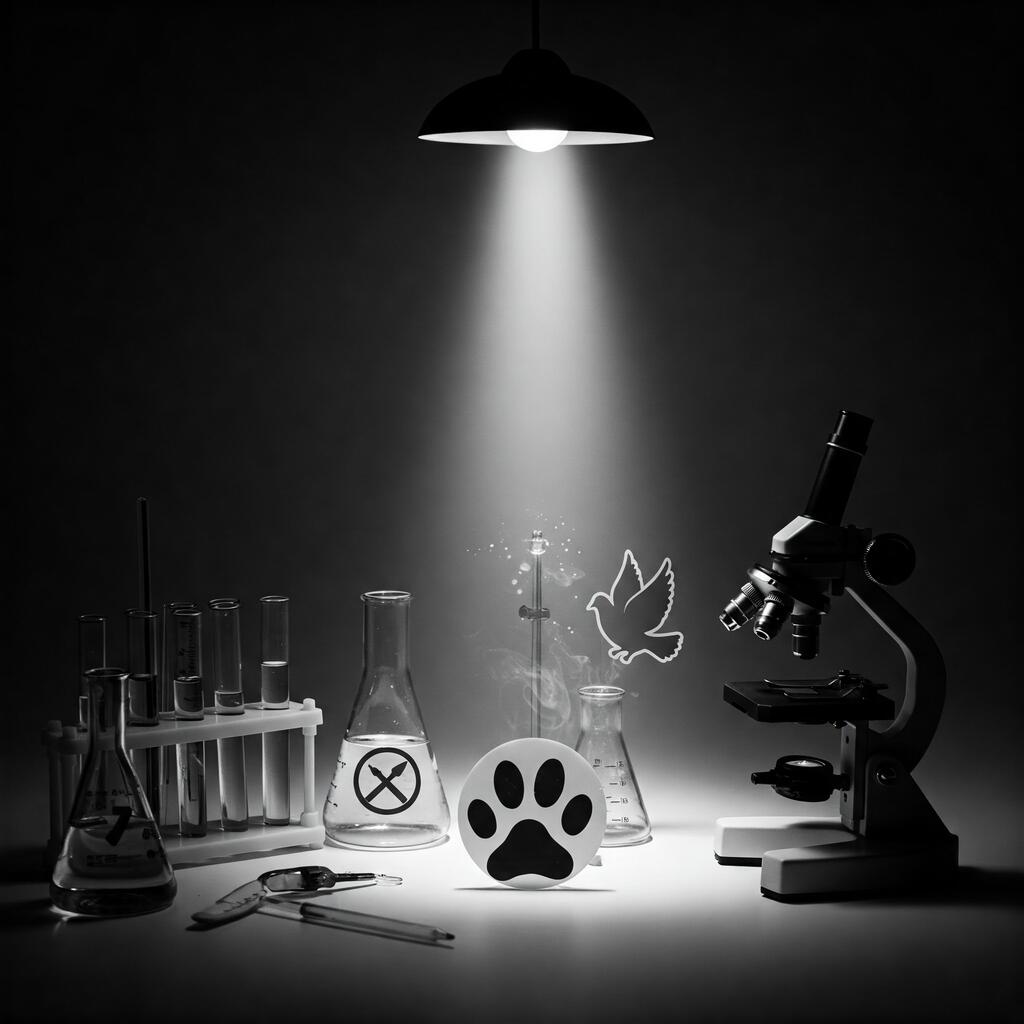
The Science and Morality of Animal Testing Ethics
Animal experimentation has been a cornerstone of scientific progress for centuries, but its ethical implications remain deeply contentious. As a society, we often grapple with the moral dilemma of whether it is right to use animals in research. This practice, which has shaped our understanding of medicine and biology, also raises profound questions about the value of animal life, the rights of living beings, and our responsibility as a dominant species on Earth.
In this article, I will explore the ethical complexities surrounding animal testing, with a particular focus on its use in vaccine development. Is it morally justifiable to use animals in experiments to potentially save human lives, or are there alternative approaches we should pursue? This topic is one that invites strong opinions from both sides, and I will provide my perspective on the matter while inviting you to share your thoughts in the comments section below.
What Is Animal Experimentation?
Animal experimentation encompasses a wide range of activities, from observing animal behavior to conducting more invasive research on biological and pathological processes. From a biological standpoint, humans are classified as animals—mammals, vertebrates, and primates—making it understandable why animals have long been used in scientific research.
The primary reason for using animals in experiments is that their biological systems are often similar to those of humans. This allows researchers to study diseases, test new drugs, and explore physiological reactions in a controlled environment. However, while the scientific rationale is clear, the ethical question remains: is it right to use animals as a means to an end, particularly when it involves causing them harm or death for research purposes?
The Ethical Dilemma: Is It Justifiable?
At the heart of the debate is the moral question of whether it is acceptable to use animals for human benefit. It is a difficult question, as it forces us to confront our feelings about animal life and our role in the natural world. Many would argue that, just as humans would protect their own offspring, it is understandable that some animals are used for research that may benefit human health.
However, this rationale becomes more complicated when we consider that humans also have pets—animals we care for deeply and who depend on us for their well-being. It forces us to ask: is it ethical to harm other animals for our benefit, even when we love and protect some of them?
Additionally, our moral compass is often shaped by our instincts and emotional connections. We are more likely to empathize with those who are closest to us, such as family members and pets. This preference for loved ones, while natural, may cloud our judgment when it comes to deciding the worth of other life forms.
The Utility of Animal Testing: The Greater Good?
One perspective that is often presented in favor of animal testing is the idea of utility—the belief that the needs of the many outweigh the needs of the few. Proponents of this view argue that the benefits of animal research, such as life-saving vaccines and treatments, far exceed the ethical concerns about the animals used in testing.
This utilitarian approach has deep roots in history and has been applied in various contexts. For example, the sacrifice of a few for the greater good has been a central theme in wartime efforts and public health crises. But when it comes to animal experimentation, the question becomes more personal. Would we be willing to sacrifice an animal’s life to save a human being, particularly a loved one? And is it fair to make this decision on behalf of the animal?
Nature’s Perspective: Survival of the Fittest
To better understand the ethical dilemma, let’s consider an analogy. Imagine a small farming village where resources are limited. If the village faces a crisis, such as famine or external threats, the strongest individuals may be given the resources they need to survive, while others are left to perish. This scenario, though harsh, mirrors the reality of survival in nature.
In the animal kingdom, this “survival of the fittest” concept plays out regularly. When resources are scarce, some individuals must be sacrificed for the continuation of the species. This natural process echoes the utilitarian argument that some sacrifices are necessary for the greater good. However, it also challenges our human sensitivity to suffering and our understanding of ethics.
The Road to Ethical Alternatives
While animal experimentation has played a vital role in scientific progress, there is hope for change. As technology advances, scientists are increasingly turning to alternatives that can reduce or eliminate the need for animal testing. Simulations, artificial intelligence, and other non-animal models are becoming more prevalent, offering a way to continue research without causing harm to living beings.
It is important to note that this shift is not instantaneous. It requires significant investment in research and infrastructure to replace animal testing with more ethical alternatives. But as public awareness of animal rights grows and technology continues to evolve, the future of scientific research may look very different—one where the use of animals in experiments is minimized or completely eradicated.
The Future of Animal Experimentation: Moving Toward Ethical Innovation
In conclusion, animal testing is a complex issue that involves balancing scientific progress with ethical considerations. While the benefits of animal experimentation are undeniable, the moral questions it raises are equally significant. It is essential for us as a society to critically examine our stance on animal testing and consider how we can move toward more ethical, sustainable practices in scientific research.
As we continue to evolve as a species, it is my belief that we must shift our focus toward innovations that align with our growing sensitivity to the world around us. By embracing new technologies and adopting ethical approaches to research, we can create a future where scientific discovery does not come at the cost of animal suffering.
Note: This article reflects my personal thoughts and does not seek to make political or economic arguments. It is not intended to accuse or absolve anyone. I encourage readers to share their thoughts and engage in respectful, constructive discussions in the comments section below.










